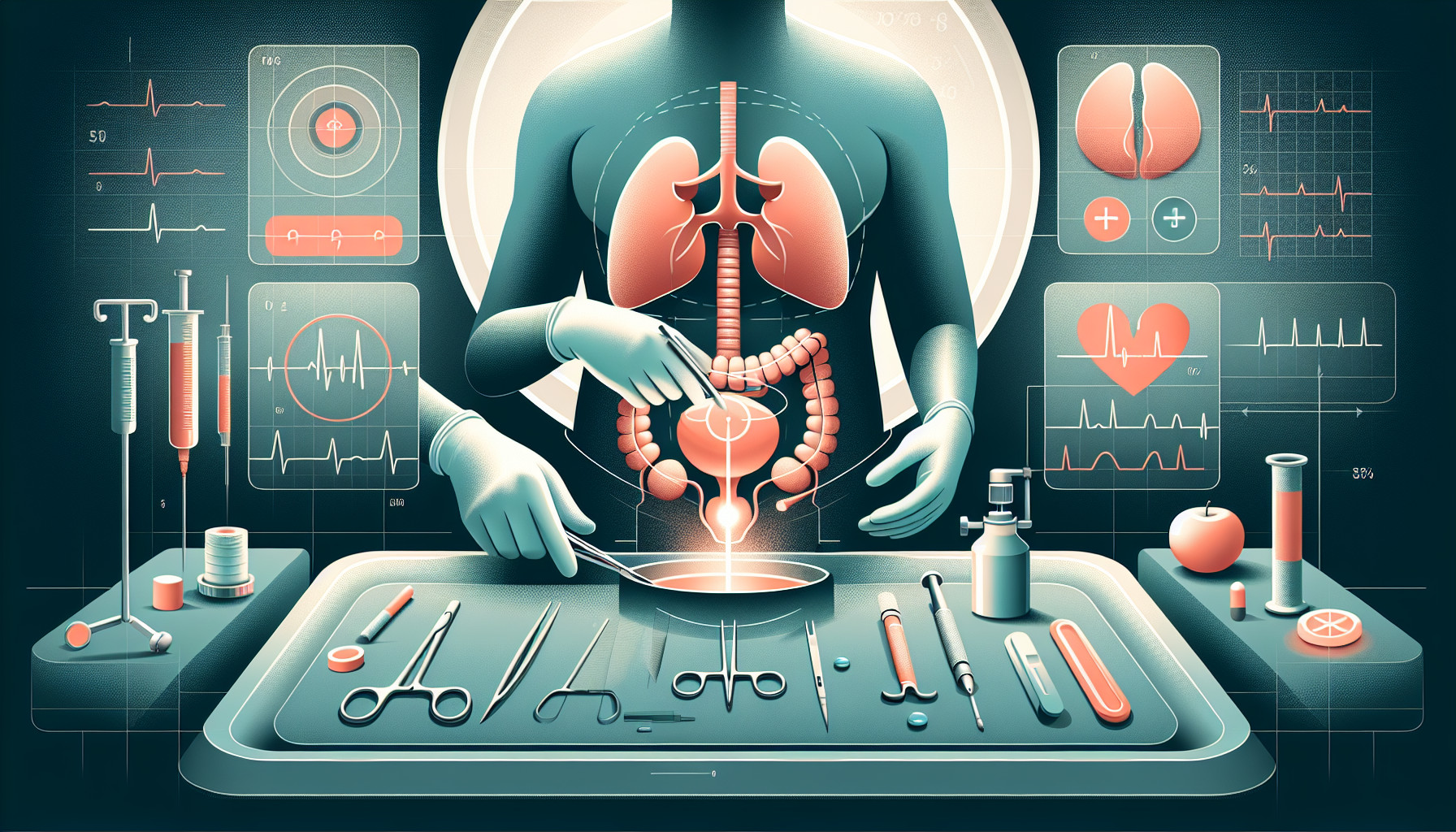Our Summary
This research paper is a review of multiple studies that looked at how men’s quality of life is affected by a type of prostate cancer treatment called radical prostatectomy. This treatment often results in side effects like urinary incontinence (loss of bladder control) and erectile dysfunction, which can significantly impact a man’s life. Many men who have undergone this treatment feel unprepared for these side effects and they often find it difficult to express their feelings about them. The research emphasizes the need for healthcare providers to not only inform patients about these potential physical effects, but also to offer emotional support and opportunities for them to express their feelings about their experiences. This information and support can help improve the men’s quality of life after treatment.
FAQs
- What is a radical prostatectomy and how does it affect a man’s quality of life?
- What are the common side effects of a radical prostatectomy and how do they impact a man’s life?
- Why is it important for healthcare providers to offer emotional support and information to patients who have undergone a radical prostatectomy?
Doctor’s Tip
One helpful tip a doctor might tell a patient about prostatectomy is to engage in pelvic floor exercises both before and after surgery. These exercises can help strengthen the muscles that control bladder function and improve urinary continence. Additionally, it is important for patients to follow a healthy diet, maintain a healthy weight, and stay physically active to help with recovery and overall well-being. It is also recommended to communicate openly with healthcare providers about any concerns or side effects experienced after the surgery to receive appropriate support and guidance.
Suitable For
Patients who are typically recommended for prostatectomy are those with localized prostate cancer that has not spread beyond the prostate gland. Prostatectomy is often recommended for younger patients with a longer life expectancy, as it is a curative treatment option for prostate cancer. Patients with a high risk of cancer recurrence or progression may also be recommended for prostatectomy. Additionally, patients who have not responded well to other treatment options, such as radiation therapy or hormone therapy, may be recommended for prostatectomy. Ultimately, the decision to undergo prostatectomy should be made in consultation with a healthcare provider, taking into account the patient’s individual medical history and preferences.
Timeline
Before prostatectomy:
- Diagnosis of prostate cancer through screening tests or symptoms
- Consultation with healthcare provider to discuss treatment options
- Decision to undergo radical prostatectomy
- Preoperative preparation, including discussions about potential side effects and risks
After prostatectomy:
- Recovery period in the hospital, typically 1-2 days
- Discharge home with instructions for postoperative care
- Follow-up appointments with healthcare provider to monitor recovery and discuss any complications
- Physical therapy or other interventions to improve urinary continence and erectile function
- Emotional support and counseling to help cope with potential side effects and changes in quality of life
- Long-term monitoring for cancer recurrence and ongoing management of side effects
Overall, the timeline for a patient before and after prostatectomy involves a series of medical appointments, treatments, and supportive care to manage the physical and emotional effects of the surgery. It is important for healthcare providers to provide comprehensive care and support to help patients navigate this process and improve their quality of life after treatment.
What to Ask Your Doctor
Some questions a patient should ask their doctor about prostatectomy include:
- What are the potential side effects of radical prostatectomy, such as urinary incontinence and erectile dysfunction?
- What can I do to minimize the risk of experiencing these side effects?
- How long will it take for me to recover from the surgery and regain normal function?
- What support services are available to help me cope with any physical or emotional challenges after the surgery?
- Are there any alternative treatments or therapies that may be beneficial for me?
- How often will I need to follow up with you after the surgery for monitoring and potential complications?
- What is the success rate of radical prostatectomy in terms of treating prostate cancer?
- What lifestyle changes, such as diet or exercise, should I consider to support my recovery and overall health?
- Are there any clinical trials or research studies that I may be eligible to participate in for further treatment options?
- How will the surgery impact my overall quality of life and what can I expect in terms of long-term outcomes?
Reference
Authors: Edwards D, Carrier J. Journal: Int J Evid Based Healthc. 2019 Jun;17 Suppl 1:S41-S42. doi: 10.1097/XEB.0000000000000192. PMID: 31283580
